Filter by
Science for Environment Policy - All News (124)
RSS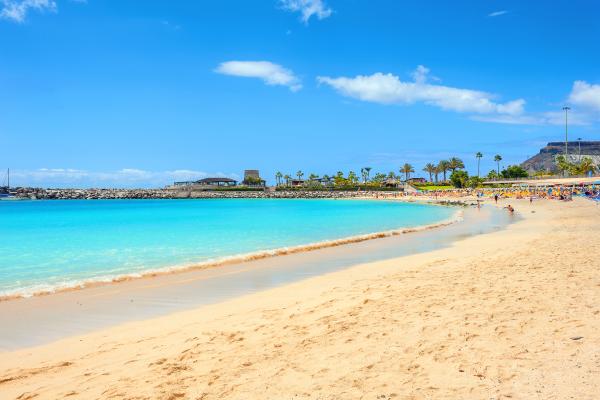
Issue 588: Ultraviolet (UV) filters are an emerging pollutant used in industrial processes, cosmetics and toiletries.
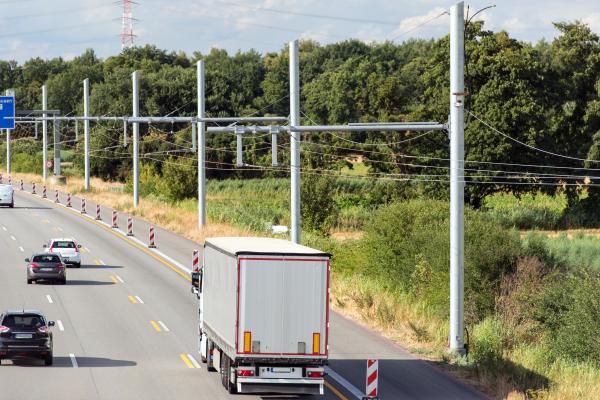
Issue 588: Reducing greenhouse gas emissions from freight transport is an important, but currently underdeveloped, emission-reduction measure.
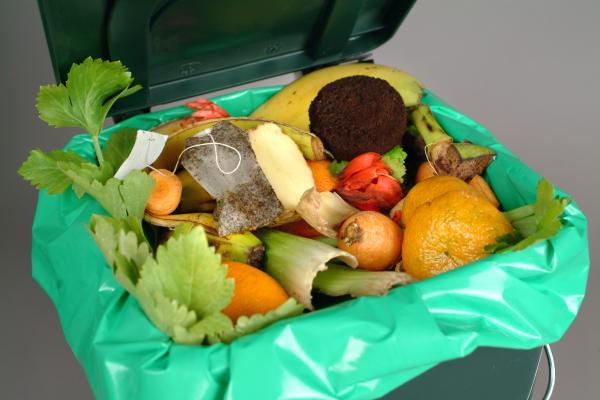
Issue 588: Food waste is a significant global issue and in recent years a range of businesses aimed at addressing it have been established.

Levels of chemical pollution vary over time as new substances are brought into use and, in some cases, restricted or prohibited.

Beech is one of the most ecologically and economically valuable tree species in Europe.

Models for adopting a circular economy are largely aimed at large corporations.

Increasing uptake of electric vehicles across Europe will impact energy demand as electricity supply transitions towards renewable sources.

Waste from disposed electrical products – e-waste – is one of the fastest growing solid waste streams.
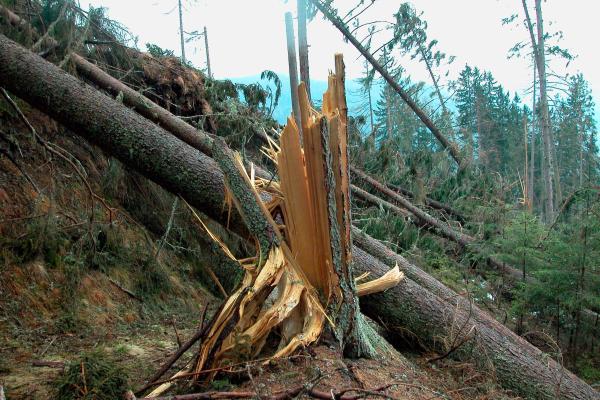
Events such as storms that cause significant damage to forest trees have obvious effects above ground. What happens below ground is less apparent, and less studied.
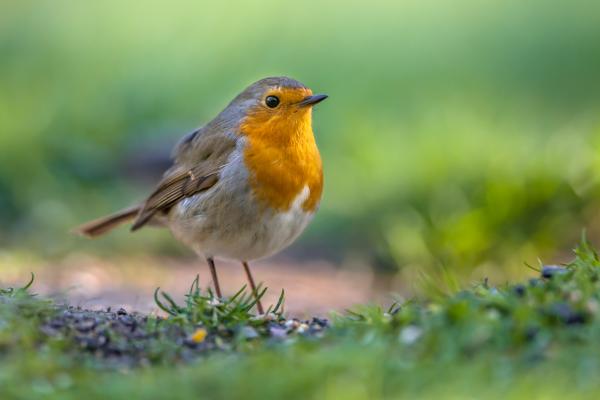
As species’ ranges shift due to climate change, ecosystems will be altered and may change how they function.
